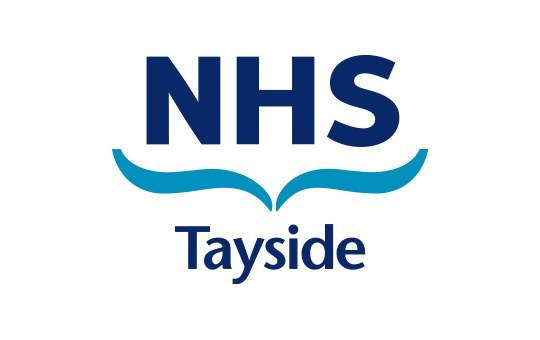Expectant mothers in Tayside are being offered an earlier test for Down’s syndrome as a new programme of pregnancy screening rolls out across the region.
The scan will supplement the blood test for the condition offered to women around three months into pregnancy.
However, the blood test alone only detects 60% of cases and can also wrongly suggest an infant has Down’s syndrome so the new scan is being heralded as an extra tool to put mothers’ “minds at rest.”
NHS Tayside pregnancy and newborn screening co-ordinator Dr Zelda Matthewson said, “What we are offering is more accurate so hopefully we would know if that baby you’re carrying was a Down’s syndrome baby.
“The detection rate is better now.”
Dr Matthewson was on hand at a Ninewells training session aimed at making the team of midwives who are going to carry out the tests familiar with the procedure.Scotland-wideShe added, “This is a Scotland-wide programme of screening.
“It’s up to every health board but the Scottish Government recommend we start it on March 4.
“It’s important that when a woman thinks she’s pregnant she make an appointment with an appropriate health care professional, usually the midwife.
“This will enable these screening tests to be undertaken as early as possible in their pregnancy.”
Earlier detection of Down’s syndrome will also mean fewer women need to go through the further diagnostic test called amniocentesis, which tests fluid from the womb, when there is a small risk of miscarriage.
Ante-natal diagnosis of Down’s syndrome has been slated by pro-life groups, critical that it leads to terminations but midwifery team leader Linda Arnot defended the screening programme.
She said, “The main benefits are for the women if we can make a diagnosis we can offer further scanning. We can offer an earlier diagnosis if there is a condition and put their mind at rest.”
The early screening programme will also identify a number of inherited blood disorders.
Midwives are expanding the inherited conditions they test for in five-day-old babies including sickle cell disorder, which can lead to serious infection or death.
